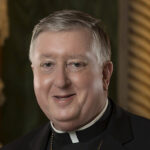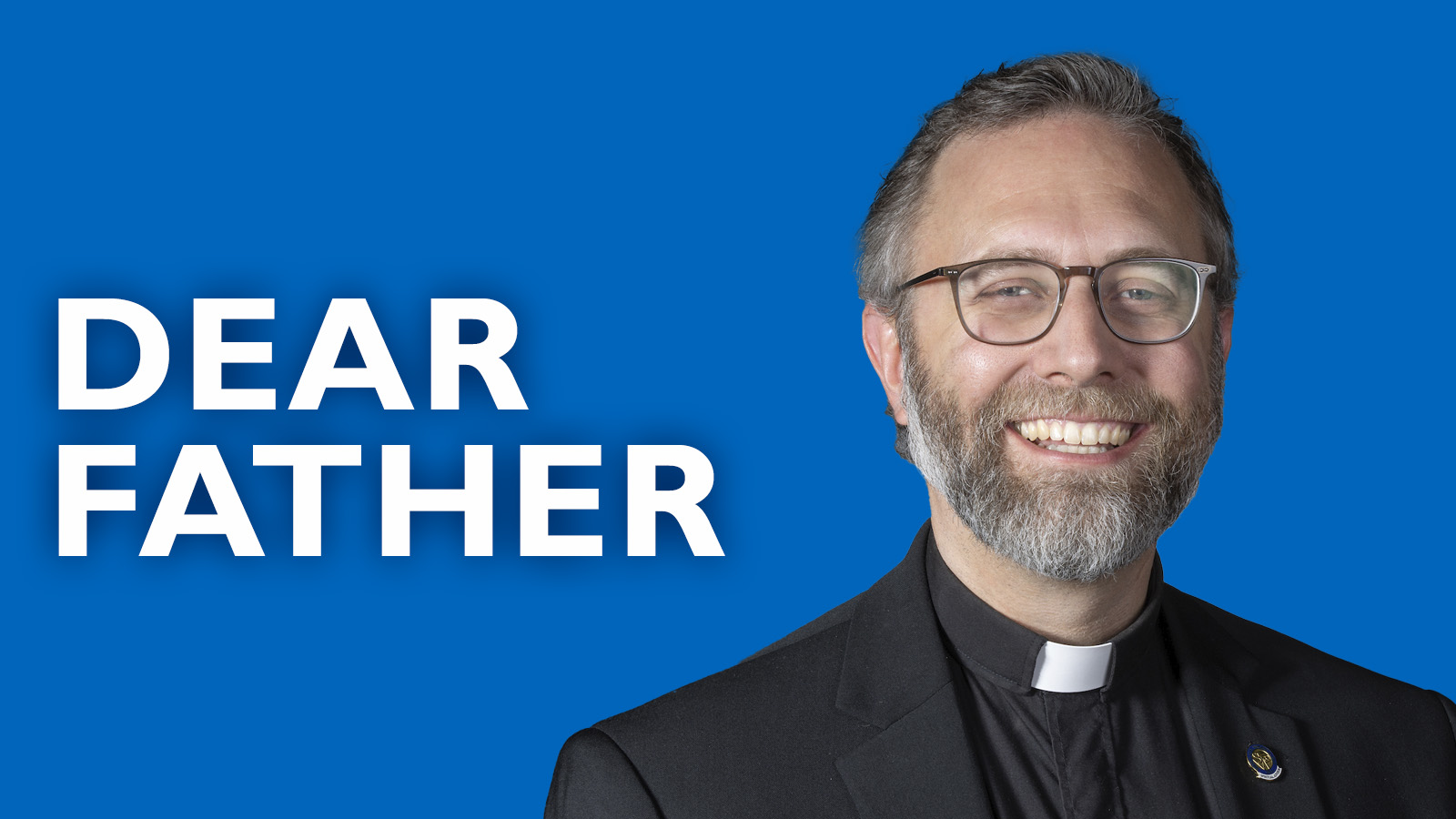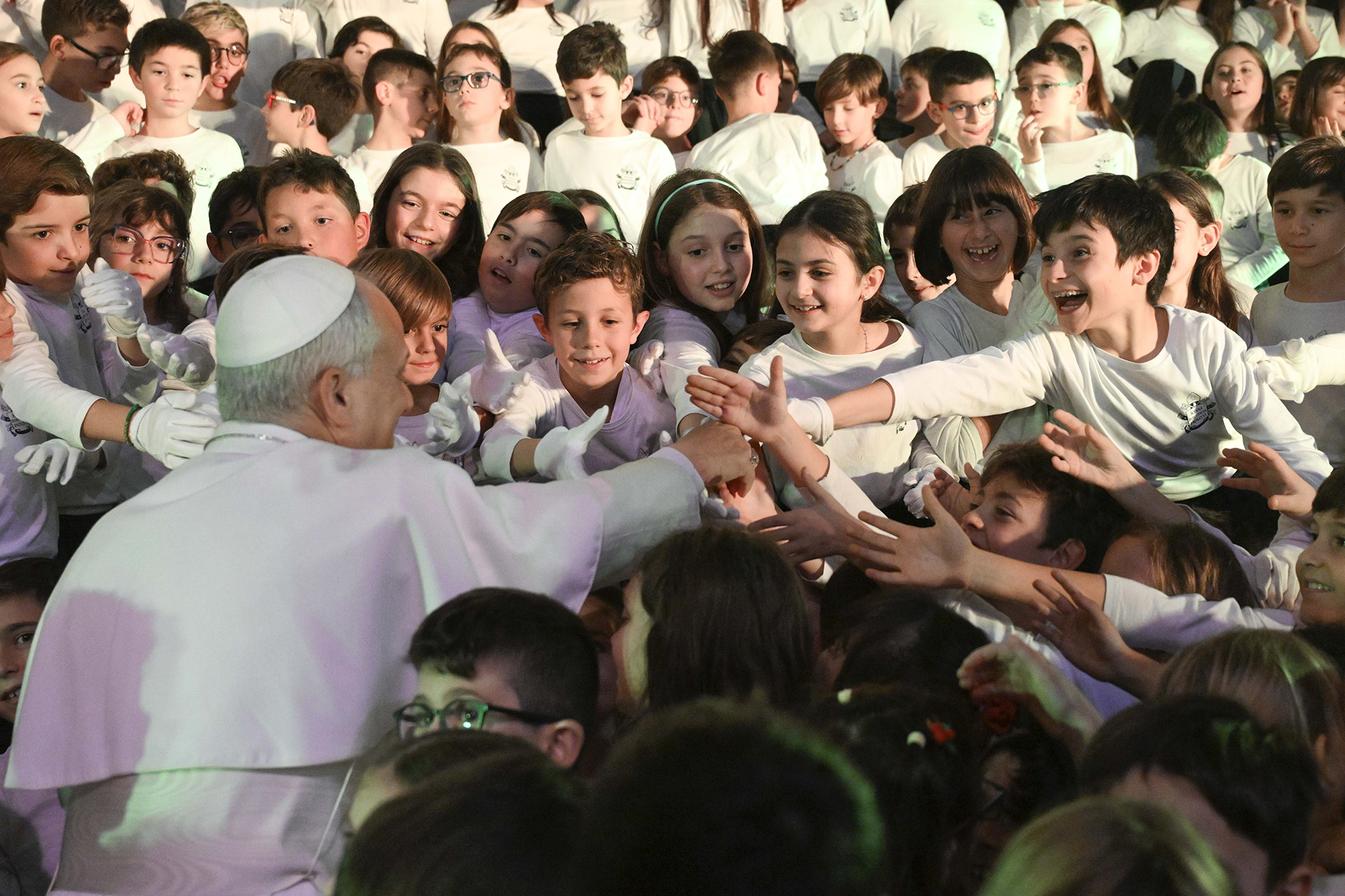SERVE THE LORD WITH GLADNESS | The path to sainthood starts in every time and place
We can’t be afraid to listen to people and then propose the greatness of life in Christ

Dear brothers and sisters in Christ,
What a lineup of saints we celebrate this week!
There’s Leo the Great — a Roman from the 400s. There’s Martin of Tours — a pagan convert to the faith in the 300s who settled in France. There’s Josaphat — a Ukrainian Catholic who was martyred in the early 1600s. There’s Frances Cabrini — an Italian immigrant to the United States in the 1800s. There’s Albert the Great – a Dominican scientist and teacher who studied and taught in Italy, France and Germany in the 1200s.
That varied lineup can help us understand: The path to sainthood starts in every time and place, and the saints don’t all look alike!
By the way, here’s a detail we shouldn’t miss: St. Frances Cabrini was the first U.S. citizen to be canonized. That’s right — our first American saint was an immigrant. From our founding, we’ve been a nation of immigrants and the story of the Catholic Church in the United States is very much the story of an immigrant Church. Those facts do not solve policy questions, which are complex. What they should do, however, is shape the tone of our conversation about those complexities.
One common thread of this week’s saints is that they were all evangelists in one way or another. The readings this week from the Book of Wisdom draw our attention to an important dimension of evangelization that I’d like to highlight.
Here are some of the characteristics of Wisdom, according to the Book of Wisdom: intelligent, holy, unique, manifold, subtle, clear, unstained, firm, secure, tranquil, all-powerful, penetrating and pervading all things, passing into holy souls from age to age.
Now let me ask a question about those characteristics: Would you say they more properly describe the Son or the Holy Spirit?
The truth is: It’s not exactly clear, at least, not from the perspective of 100 years before Christ when the Book of Wisdom was written. What’s very clear, looking back from the perspective of the Church after Pentecost, is how the description of Wisdom points forward to something that will only be fully revealed in the life of Christ and the gift of the Holy Spirit.
And that’s a dimension of evangelization — only one, but an important one: to show how the deepest religious aspirations of humanity can be both partially true and partially unclear, and to show how both the truth and the unclarity are clarified and fulfilled in Christ.
It’s important for us to be able to receive the religious aspirations of people – even when they’re not perfectly clear – with a two-fold response. First, we need to be able to sense and feel the momentum that Christ is gathering in a person and say, “Yes, something there is headed in the right direction!” Second, we need to be able to sense where a person’s momentum will draw up short, and pose a question to them (as St. Philip Neri did: “And then what?”) — and right there, when they share in the uncertainty of the question, to propose Jesus Christ as the fulfillment of their aspirations.
We can’t be afraid to listen to people’s hopes and dreams, even when they’re not completely clear. And we can’t be afraid to propose the greatness of life in Christ, including its demands!
This week’s saints show us that the path to holiness begins in every time and place, and that the saints all look different. But the path to holiness makes demands of each one of us, and people want to be invited to rise to the challenge!




